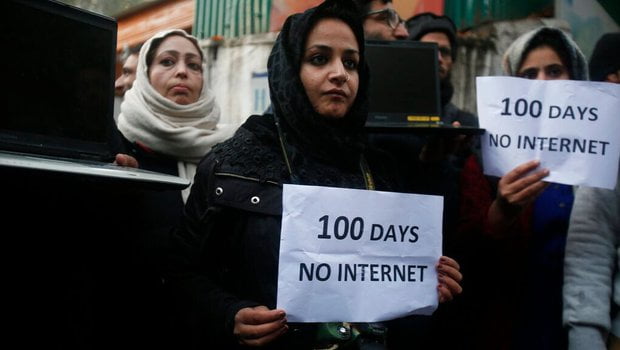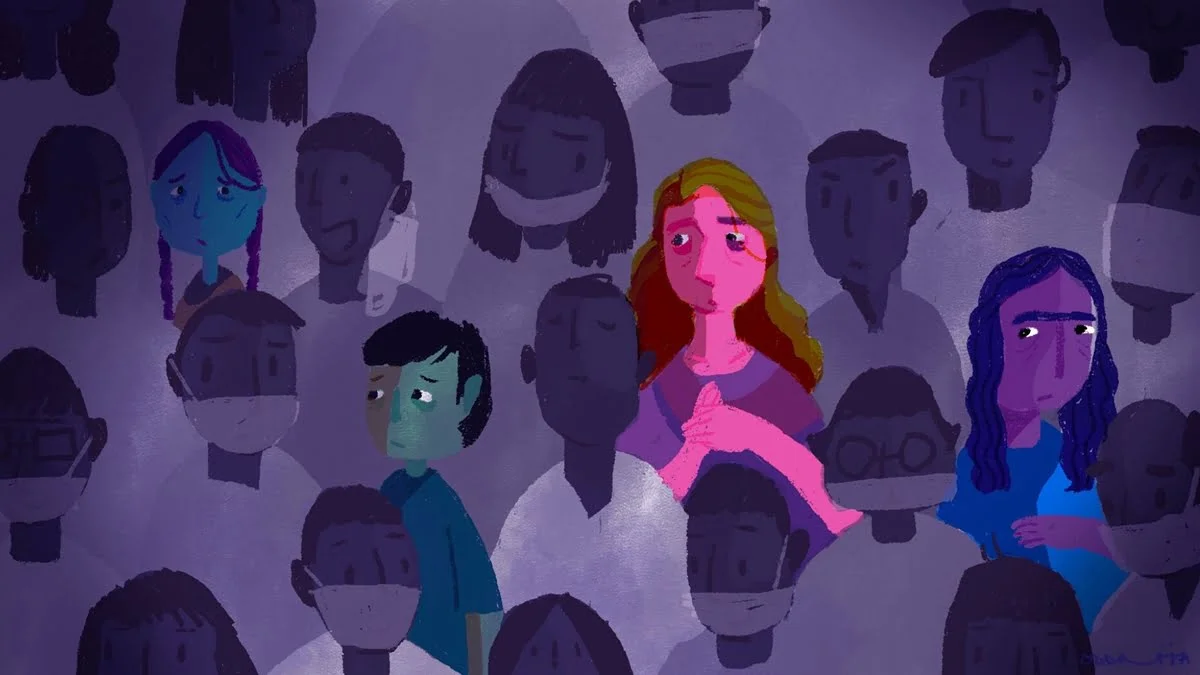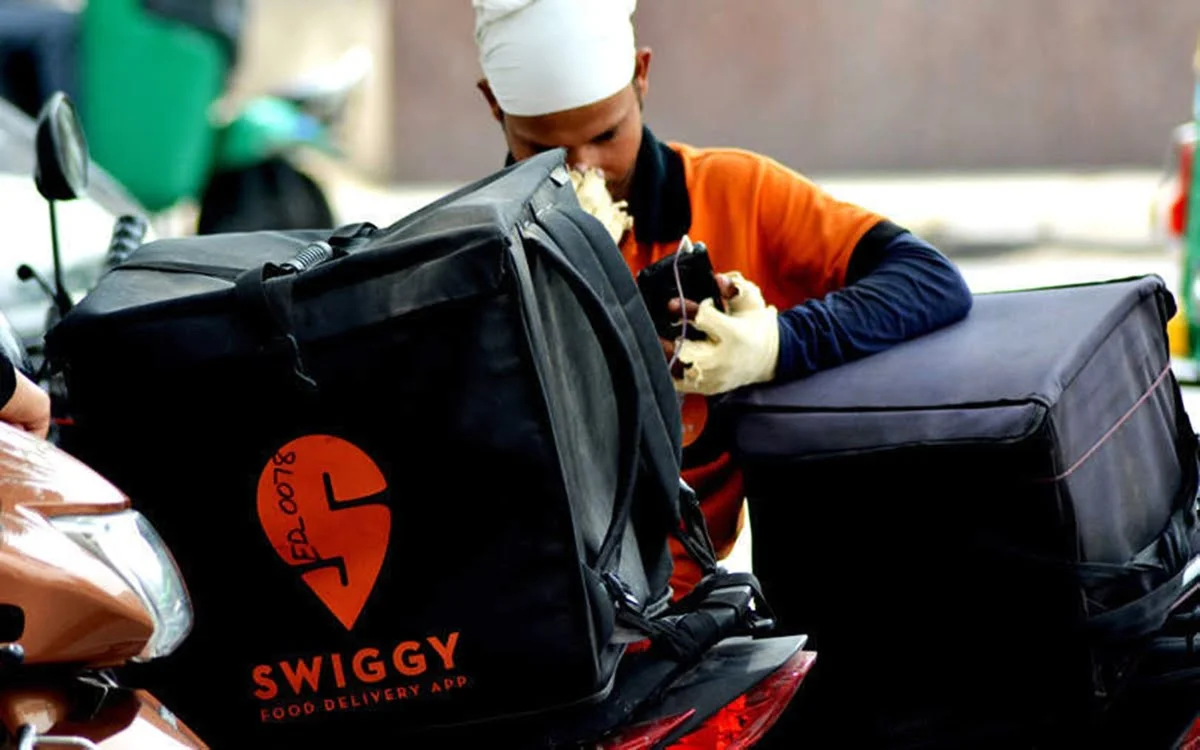The BJP government proposed amendments to the Citizenship law in the country in order to grant citizenship to non-Muslim, religious minorities facing religious persecution from three neighbouring countries namely, Afghanistan, Pakistan and Bangladesh. The said Bill has been passed by the Parliament and has received the President’s approval, thereby becoming the Citizenship Amendment Act, 2019.
Protests erupted by students of more than thirty universities, starting from Jamia Milia Islamia University and Aligarh Muslim University against the act on the grounds of it being Islamophobic and unconstitutional. Many academicians, intellectuals, scholars and organisations have also released statements of solidarity supporting the students protesting against the Act. However, a careful scrutiny of the Act would imply that it seeks to divide the country on communal lines, disturbing the religious and social harmony of the country, thereby diverting attention from the serious issues plaguing the country. With the mainstream media largely focusing on the said Act, here’s a list of five things that the BJP government does not want you to talk about.
1. Implementation Of The National Population Register
The implementation of a pan-India National Register of Citizens (NRC) would first require a National Population Register (NPR). The NPR is to be prepared under the provisions of the Citizenship Act, 1955 and and the Citizenship (Registration of Citizens and issue of National Identity Cards) Rules, 2003 which would contain a ‘usual list of citizens.’ As stated by the BJP government, a ‘usual resident‘ is one who has been residing in a local area for at least six months or intends to stay in a particular location for the next six months. It is mandatory for every ‘usual resident’ to get their name registered in the NPR. This exercise is proposed to be conducted at the district, state and national levels. The idea of conducting a nation-wide NRC would only come into being with the implementation of the NPR, as after a list of residents is prepared, a nation-wide NRC would go about verifying the citizens from that list. Ranjit Sur, from the Association for the Protection of Democratic Rights concurs,
“The only job of the National Population Register is to create a National Register of Citizens.“
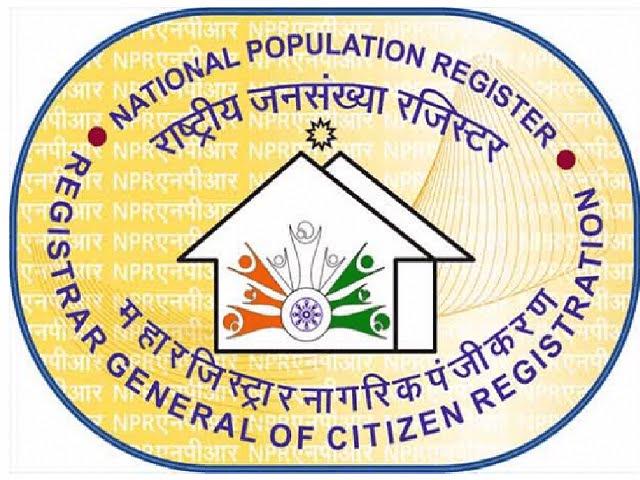
The Union Home Minister, Amit Shah’s promise on November 20, 2019 to implement a nation-wide NRC has already been initiated in the guise of the NPR, as on December 24, 2019 the government approved the allocation of a fund of Rs. 3491.35 Crore for updating the lists. Additionally, the Union Minister, Prakash Javadekar stated that the said NPR has been accepted by all the states already. Furthermore, on December 22, 2019 the Prime Minister stated that there have been no discussions on an all-India NRC. Given the ongoing implementation of NPR throughout the country, this statement by the Prime Minister is not only a means to mislead the nation on the issue, but is also a means to shift the focus of the population from the implementation of NRC, which puts the minorities at risk.
2.The Economic Crisis
The Indian economy, which was one of the fastest growing economies of the world since last year, is currently facing an unprecedented crisis. The World Bank projected India’s economic growth declining at 6 percent as compared to the 7.5 percent, just four months earlier. The IMF followed a similar pattern and dropped its forecast from 7 percent, earlier in July, 2019 down to 6.1 percent. Moreover, during the six months period (April-September, 2019) the Indian economy grew at the rate of 4.8 percent as against 7.5 percent during the same period a year ago. The GDP growth rate of the economy has slipped to 5 percent in the first quarter of this year, the lowest in the past six years.
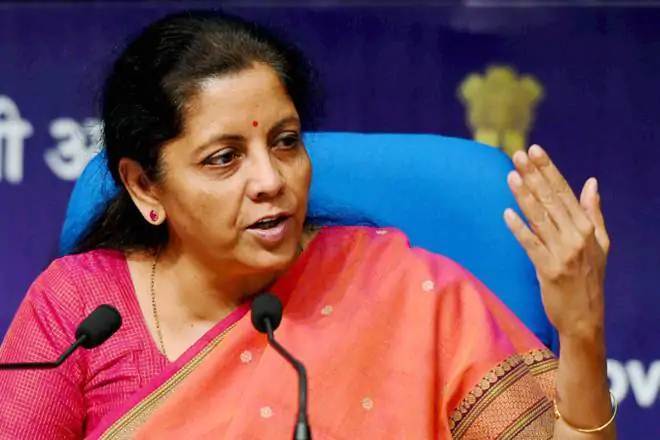
The current economic crisis in India has serious repercussions. The real-estate sector which was once responsible for creating a massive number of jobs is now undergoing a liquidity crunch, which has severely impacted the job creation in the construction sector, primarily in the segments of residential and affordable housing. An increase in the foreign direct investment levels from the private sector at a stage when the domestic demand remains dismally low, is indicative of the fact that the private sector trust its investment more abroad, than it does within India. Moreover, the unemployment rate stood around 7.5 percent in November 2019 with a record-low 42 percent labor participation rate. As a consequence of this, the consumer demand has weakened, leading to a perpetual cycle of decline in manufacturing, investment and job creation. All these indicators point towards a struggling economy, which the BJP government is not paying any heed to.
Moreover, the unemployment rate stood around 7.5 percent in November,2019 with a record-low 42 percent labor participation rate. As a consequence of this, the consumer demand has weakened, leading to a perpetual cycle of decline in manufacturing, investment and job creation. All these indicators point towards a struggling economy.
The economist and former Prime Minister, Manmohan Singh describes that this situation is creating a “palpable climate of fear” across the country. He also states that because of the current economic crisis, “…bankers are reluctant to make new loans for fear of retribution, technology startups seem to live under a shadow of constant surveillance, policymakers are scared to engage in intellectually honest policy decisions and there is a profound fear and distrust among people who act as agents of economic growth.”
3. Fee Hike In Jawaharlal Nehru University
The students of Jawaharlal Nehru University (JNU), New Delhi have been protesting since October 28, 2019 over the decision of the institution’s administration to hike the hostel charges mid session. The notification issued by Inter Hall Administration (IHA) committee of JNU posed a 300 percent hike starting from the next academic year in January, 2020. The new fee includes a hike in the room rent from Rs 10 per month to Rs 300 per month. Additionally, a new service charge of Rs 1700 has been added, which further increases the hostel fee up to more than Rs 2000.
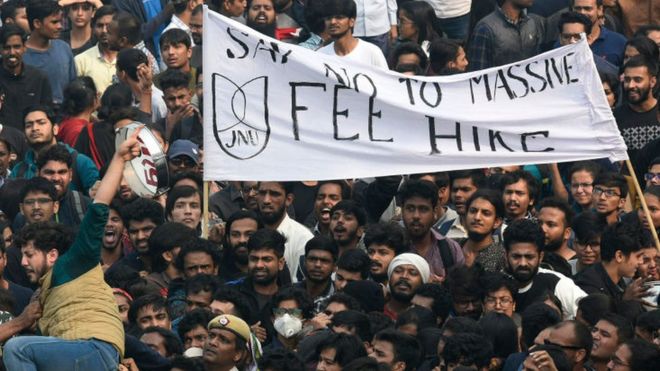
The said hike resulted in huge protests and the boycott of final semester examinations by the students of the university as more than 27 percent of the students’ families have a monthly income of less than Rs 6000 and more than 40 percent have a family income of less than Rs 10,000 per month. While the university administration has now relaxed the fee hike by 50 percent only for the students from economically weaker sections, the students are demanding a complete rollback of fee hike and other restrictions.
As per the recent update on the said issue, the university has warned its students who are boycotting their exams that they will not be eligible to register in the next semester if they fall short of the academic requirements of the institution. However, since the Citizenship Amendment Act, 2019 came into being, the said issue stands obliterated from the mainstream media.
Also read: How Does The Citizenship Amendment Act Affect Adivasis?
4. Internet Shutdown In Kashmir
On August 5, 2019 the Indian authorities revoked the special status of Jammu and Kashmir by downgrading it into two union territories, detained the region’s mainstream media and politicians and snapped all communications. The internet was blocked by the Indian BJP government in Kashmir as a move by the authorities to maintain security in the territory claimed by both India and Pakistan. As a consequence of the said move, the entire population of the valley is witnessing an abrupt return to the pre-internet era. The WhatsApp accounts of people in the valley were automatically deleted in December this year, because of more than 120 days of inactivity. Journalists have to rely on a government-run centres with just around 10 computers to file their stories.
India’s internet shutdown in Kashmir which completed more than four months is being reported to be the longest ever internet shutdown in a democracy. Internet shutdowns by the state are a form of human rights violation and of the fundamental freedom of expression. Not only are they an attack on the constitutional rights of the citizens, but they also have grave economic consequences.
The internet shutdown has rendered several software engineers and those who relied on the internet to create content on online platform, jobless. It has severely affected the IT industry and has resulted in the migration of many youngsters to different states in India in search for means for earning a living. India’s internet shutdown in Kashmir which completed more than four months is being reported to be the longest ever internet shutdown in a democracy. Internet shutdowns by the state are a form of human rights violation and of the fundamental freedom of expression. Not only are they an attack on the constitutional rights of the citizens, but they also have grave economic consequences.

“Democratic governments must be accountable to the public and provide a rationale for disrupting Internet services in a timely manner. This is the way civil society can hold governments to the high standards of transparency and accountability that benefits a democracy.”
Despite the internet shutdown in Kashmir crossing an all time high and India leading the world in internet shutdowns accounting for 67 percent of the total recorded worldwide, the BJP government stands silent with regards to the situation in Kashmir valley.
5. Unemployment Rate
According to a report by the World Economic Forum, more than half of the Indian workers will require re-skilling by the year 2022 in order to meet the growing demands of the future. This would in turn, require on an average, an extra 100 days of learning. In terms of the employment opportunities, the Indian society faces four problems.

Firstly, the educational system in India does not emphasize on the importance of tangible skills, rather focuses on gaining conceptual knowledge by the students. Secondly, there are more jobs in the informal sector than in the formal sector. Thirdly, India faces state-level and regional disparities in terms of employment opportunities, and lastly, India has one of the lowest participation rates of working age women in the labor force (about 25 percent).
Moreover, a recent survey by the National Statistical Office (NSO) showed that the urban unemployment rate in India dropped to the lowest level in four quarters during the months of January-March, 2019 at 9.3 percent. In May this year, the government data revealed that joblessness in the country was 6.1 percent of the total labor force during 2017-18, the highest in 45 years.
In light of the slowing economic growth of the country, the current BJP government in India has been receiving a lot of criticism for high unemployment rates in the country. This points towards the gloomy state of affairs facing the development of the country, but in respect of the current socio-political climate of the country, it seems the BJP government does not want the citizens to talk about it.
Also read: Why Are Feminists Opposing The Citizenship Amendment Act?
Note: The list is not restricted to the issues mentioned above, but would get longer if we include the high rates of inflation breaking the backbone of the poor and middle class population, cases of mob lynchings and moral policing, increasing rate of farmer suicides, increasing rate of crimes against women, failure of various government policies and many other issues facing the country due to the current government’s oppressive politics.
Featured Image Source: Telegraph India
About the author(s)
Learning and unlearning in an endeavour to smash patriarchy through my imperfect feminism.
